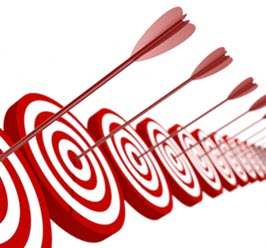April 24, 2024
Too many women are working through their high menstrual pain instead of taking the time off they need
Inequality is about more than just pay. A new survey reveals stark realities for women at work across 10 different countries.
The gender wage gap has narrowed to women earning 92 cents to a man’s dollar among workers younger than 34. However, pay is not the only way inequality manifests. A new report by Deloitte surveyed 5,000 women across 10 countries to understand what they experience at work. Here are the top findings:
- Women are working through pain: Over a quarter of women have health issues related to menstruation, fertility, or menopause. About 40% of women with high menstrual pain or menopausal pain work through it. Meanwhile, 20% of women with fertility health challenges who took time off and disclosed to their employer believe this damaged their career.
- Women are still the primary caregivers: 50% of women with a partner said they do the bulk of childcare while only 26% say it’s split evenly. Meanwhile, 57% of women with a partner say they are responsible for taking care of another adult, and only 30% say this is split evenly. While 20% of women say they are the primary earner, about 50% say they still have the greater responsibility for childcare. Only 27% of women who have the greater responsibilities at home say they are able to focus on their careers.
- Women are worried about safety at work: 14% of women believe their rights have deteriorated in their country in the past year and 29% say that their right to live free of violence has declined. Almost half of women say they worry about their safety at work or while traveling for work. Meanwhile, 43% of women say they’ve experienced a microaggression or harassment at work. Approximately 16% have been harassed by a customer and 10% by a coworker—including stalking and sexual harassment.
“The stark reality conveyed by this data cannot be ignored,” the report’s authors wrote. “It is our hope that organizations will use this critical insight to help drive meaningful and sustained change and enable gender equality in workplaces around the world.”

ABOUT THE AUTHOR
(6)






